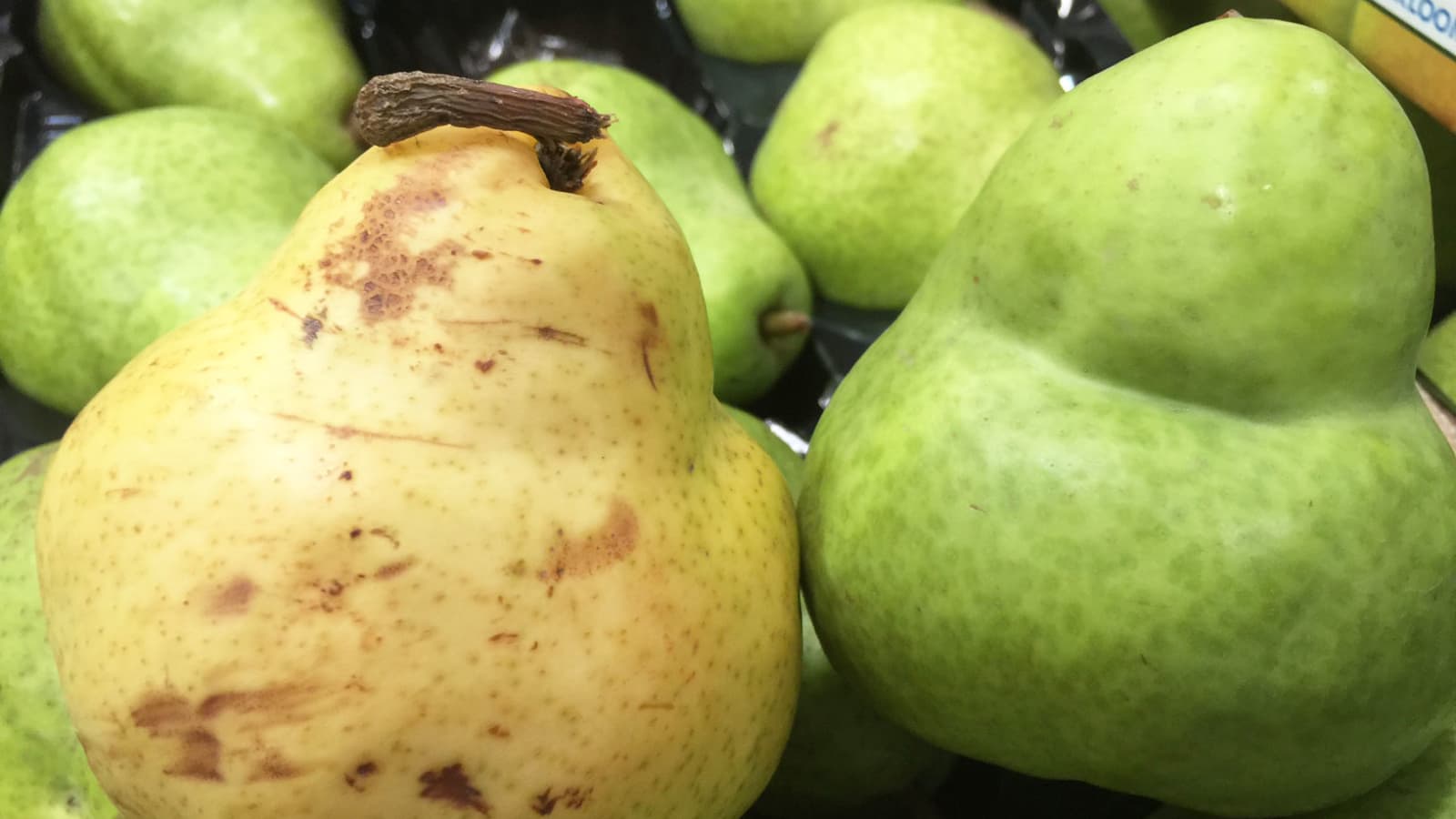



Article by: Hari Yellina
Two passionfruit farmers in Western Australia’s south west are minimising food waste by buying unsellable fruit from local farms and turning the puree into beer. Several high-profile brewers in the region, including Eagle Bay Brewing, Funk Cider, and Tall Timbers Manjimup, have employed the various fruit purees to manufacture diverse beers. It is commonplace for a percentage of fruit and vegetable crops to be deemed unsellable, either because the produce is undersized, blemished or too “ugly”. Mitchell East and Jennifer Riseley, who live in Manjimup and cultivate passionfruit, recently developed a fruit processing plant out of old and unwanted equipment
Mr East claimed that they have been able to use 100% of their passionfruit production since then. “Passionfruit is a product that degrades rapidly,” he explained. “However, fortunately for us, it means we can grade out our highest quality [passionfruit] and sell it to the markets… and the seconds or whatever we don’t feel as good a quality we can then process.” Once their own processing system was up and running, the pair said they were approached by local breweries asking what else they could do. They were able to purchase additional fruit seconds from local farmers, including figs, strawberries, plums, and other stonefruit, which they converted into a high-quality puree and marketed to several breweries in the area.
Other farmers’ reactions, according to Ms Riseley, have been overwhelmingly favourable. “The majority of folks were startled that we wanted to do anything with a wrinkled or sunburnt product,” she remarked. According to Tall Timbers managing director Ed Fallons, the cost of importing syrups for use in sour beer products has increased since the epidemic, making sourcing locally a realistic option. He said, “And clearly [there are] no preservatives, no pasteurisation, and it’s far better-quality fruit.” “We’re also finding that we’re using a lot less.” “If it was economically possible, I don’t think there would be an Australian brewery that didn’t employ Australian fruit.” The majority of food waste in Australia, according to Curtin University supply chain specialist Dr Elizabeth Jackson, does not occur at the basic production level. “The other end of the supply chain is where — unfortunately — roughly 51 percent of our food waste and loss occurs in our nation,” she said. “We often see enough of waste in food supply chains, and plenty of things to do with it, but the difficulty is that adding value to waste is simply not economically viable. “But what’s most fascinating about [these farmers’] efforts is that they’ve been able to produce things that are financially feasible. “It’s not only great innovation, but it’s the right thing to do as well.”